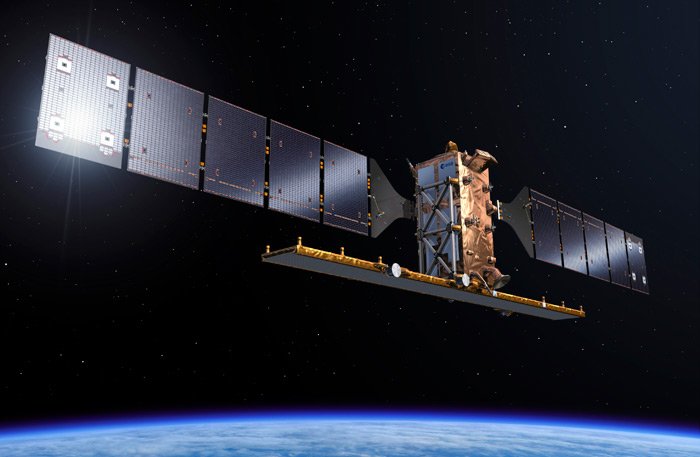ESA Director General Josef Aschbacher has addressed the issue of the space agency’s borked Copernicus Sentinel-1B spacecraft in his first annual press conference.
The last useful bit of data from the Earth observation satellite came last year, and as of yesterday attempts to revive the equipment to normal working order have come to naught.
It’s an interesting anomaly: the spacecraft remains under control and, according to Aschbacher, “the thermal control system is properly working and the regular orbit control manoeuvres are routinely performed.” However, attempts to reactivate the power unit that’s holding back the transmission of image data have proven unsuccessful.
The radar instrument on board the Sentinel-1B can take high-resolution images of our planet regardless of weather conditions, in day or night. Once gathered, the data is made available for free for scientific or commercial purposes. Recent events have demonstrated just how critical the data collected by Earth observation satellites can be.
The tweet below refers to 1B’s twin, Sentinel-1A, snapping a glimpse of the Tonga volcano disaster.
? At 17:08 UTC yesterday, #Copernicus #Sentinel1 ???️captured the 1⃣st image of #HungaTonga ?after the destructive eruption
The volcanic island is almost completely wiped out
⬇️ Comparison before (3 Jan.) / after (image of 15 Jan., ~12 hours after the eruption)#Tonga pic.twitter.com/KA98HTQCBz
— Copernicus EU (@CopernicusEU) January 16, 2022
Sentinel-1B is more than five years into a planned seven-year mission, and launched in 2016. Sentinel-1A, launched in 2014, is notable for being smacked by a millimetre-sized particle in 2016 that resulted in a slight drop in power from the spacecraft’s solar panels and a change to the orientation and orbit of the satellite. Routine operations were unaffected.
Aschbacher also mentioned the next two satellites in the Sentinel-1 series – unimaginatively named 1C and 1D – which he described as being “in an advanced integration phase.” In 2020, Airbus showed off the radar antenna for Sentinel-1C and set a launch date in 2022. However, Aschbacher put the flight acceptance for 1C as being planned for October, which would make a 2023 launch seem more likely.
Unless, of course, a ride can be found earlier, reviews sped up and nothing that might result in time consuming changes turns up as a result of the investigation into what has happened to Sentinel-1B. ®



